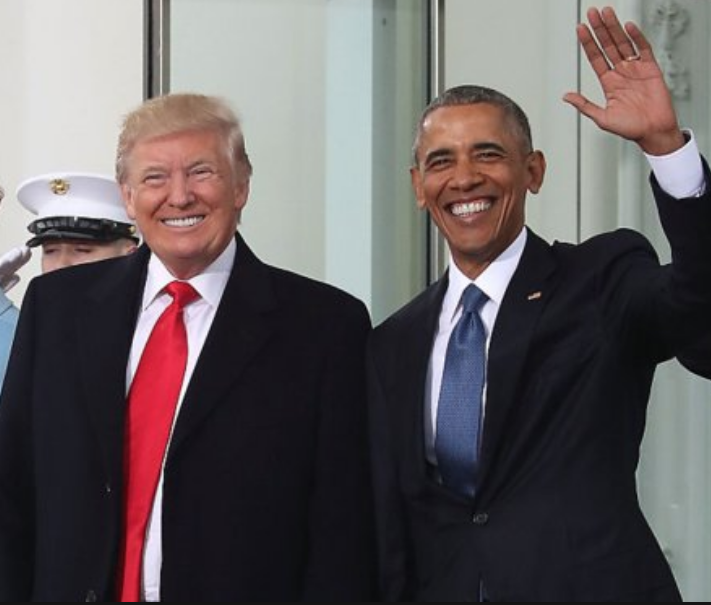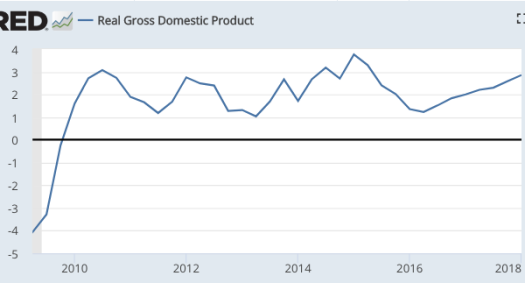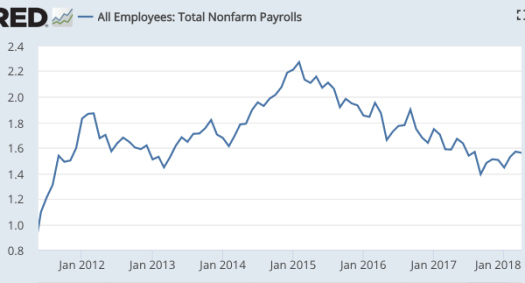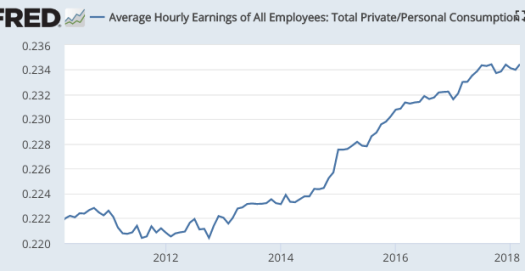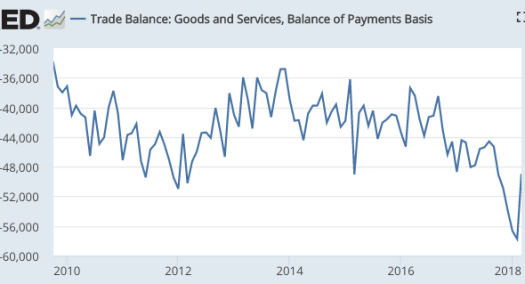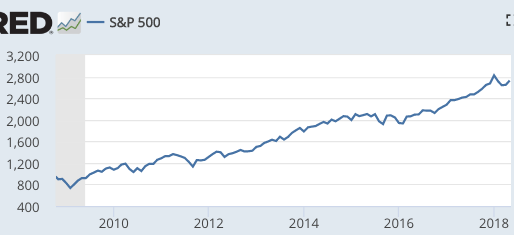It’s a wonderful, awful, and perplexing life
Time for another Ted talk. Commenter Ted asked me a bunch of interesting questions, including this:
How you have thought about death and how you wish you thought about death.
This is going to be a long and dreary post, mostly focusing on my “outside view”, which features a rather apathetic attitude toward death. So let me first reassure my readers that my inside view is much like yours. If I’m on a Boeing jet plunging toward the ground, I’m going to be screaming in terror with the other passengers. I’m just as horrified by the prospect of death as the average guy. Woody Allen put it this way:
There’s an old joke – um… two elderly women are at a Catskill mountain resort, and one of ’em says, “Boy, the food at this place is really terrible.” The other one says, “Yeah, I know; and such small portions.” Well, that’s essentially how I feel about life – full of loneliness, and misery, and suffering, and unhappiness, and it’s all over much too quickly.
I’ve been reading My Struggle, Vol. 6, and thus I’ve been thinking a lot about the meaning of life, and also the meaning of death—which sort of seems like the same thing. AFAIK, death itself is nothing; what seems to matter is the life one misses out on and/or the impact of death on the lives of your loved ones. Let’s put aside the loved ones for a moment, and think about death selfishly. Bryan Caplan asks:
Suppose you receive the following option.
- You flip a fair coin.
- If the coin is Heads, you acquire healthy immortality.
- If the coin is Tails, you instantly die.
The expected value of this option seems infinite: .5*infinity + 0 is still infinity, no? . . .
Nevertheless, I suspect that almost no one would take this deal. Even I shudder at the possibility. So what gives?
Statistically speaking, I have about 20 years left. Putting aside the impact on my loved ones, I’d take that bet in a heartbeat. But only if the immortality part were eliminated. Just give me a 50/50 chance at living to roughly 83 in perfect health, then hit by a bus while crossing the street. The kind of health I had at age 14, or even 24.
Borges once referred to Nietzsche’s eternal return as “the most horrible idea in the universe”. I agree. But why is that? Suppose you had the option of living your life over a trillion times in exactly the same way, each time with no memory of what came before. Would you take it? If life is good, then why not? My visceral reaction is “hell no!” But I’m not sure I can explain why I feel that way. That thought experiment makes me instinctively recall painful experiences I had earlier in life that I don’t want to relive, not all the pleasant experiences I’ve also had. I’m not even sure I’m able to think about the thought experiment in the right way. I am presumably thinking, “once is enough”, but the person being reincarnated would have no memory of previous lives, with previous miseries and blissful moments.
When it comes to life and death, I don’t trust my intuitions. Am I happy? It depends on what day you ask me. Not just in the sense that I may not be happy on a given day; rather on days that I’m unhappy I often think my whole live has been bleak and miserable, and vice versa when I’m happy. I’m not able to see my life clearly, past my current moods. Am I more or less happy than other people? Again, how would I know? I’m an unreliable narrator of my own life. I’d trust someone else’s judgment of my happiness more than my own. (Hey, wasn’t that once a corny movie?) With the exception of Karl Ove Knausgaard, I don’t know what it’s like to be anyone else but me. Are Karl and I unusually moody Nordics? Or typical people?
BTW, here’s Knausgaard describing how he’s viewed by his best friend:
[Geir] took all of this and composed a picture of my psychological and social character he then analyzed and discussed. He construed me as a kind of baroque entity, abnormal and warped, whose inner being was utterly out of sync with its outward expression — completely the opposite of how I saw myself, which was ordinary to the point of self-erasure
Literary critics have paid too little attention to the role of this fascinating friend, who even came up with the near perfect title of Knausgaard’s book.
In previous posts, I’ve remarked that my “outside view” rejects concepts like objective truth, free will and personal identity. In contrast, my inside view of this stuff is just like yours. Because my outside view tells me that personal identity doesn’t exist; there is actually no “me” to die. There are a bundle of thoughts that will no longer swirl around in my brain, but billions of other people will still have similar thoughts. No great tragedy. My inside view that my death would be a much greater tragedy than the death of a random 63-year old shepherd in Turkmenistan is an illusion, reflecting the bias of my own perspective. (Yes, I know, my language implies the existence of personal identity; I know of no other way to write.)
Think about the Edmund Spenser line:
Sleep after toil, port after stormy seas, Ease after war, death after life does greatly please.
This is why I find the concept of immortality (or the eternal return) to be so frightening. I fear (and expect) something like the end of the film Avatar, where death is immediately followed by rebirth into another body. No rest for the weary.
In a book entitled Why Buddhism is True, Robert Wright remarked:
I asked [Gary Weber] about a line of his I recall reading, something to the effect of: The bad news is that you don’t exist; the good news is that you’re everything.
That latter claim is not good news to me. I don’t want to be Donald Trump, much less a trillion future Trumps, but I fear that Weber is right. Without personal identity, we’re everybody. Wright also says:
Meditation can weaken the link between perceptions and thoughts, on the one hand, and the feelings, the affective resonances, that typically accompany them on the other. Well, if you do a really thorough job of that weakening, and perceptions become increasingly free of affective associations, this could change your view of the world. It could leave things looking the same on the outside but seeming as if they lack some inner something.
I’ve never done meditation, but that sounds like growing older. When I went to Wisconsin basketball games at age 16, there were times late in the game when the entire arena seemed to be pulsating with swirling, delirious waves of energy, which went right through my body. The noise was deafening and the players and the crowd were almost one in the same. Now I’m more analytical, watching games on TV and noticing whether teams are playing “moneyball” by avoiding mid-range jumpers. (Thank God for Coach Budenholzer!)
It seems to me that nature prepares us for death with a series of “little deaths”. (No, not in the French sense!) As we get older, our earlier selves are repeatedly shed like the skin of a snake. These are the little deaths. Life is gradually drained of magic and meaning—we get wiser and grayer. We keep repeating the same basic experiences, but each time with a bit less “color”.
About 25 years ago I bought a vintage French railway poster. Unfortunately the skin tones gradually faded from tan to grey. I never noticed this until I recently saw a clean copy on the internet. So I went onto eBay and bought a fresher copy, had it delivered from France, and put it in an expensive frame with UV protection.
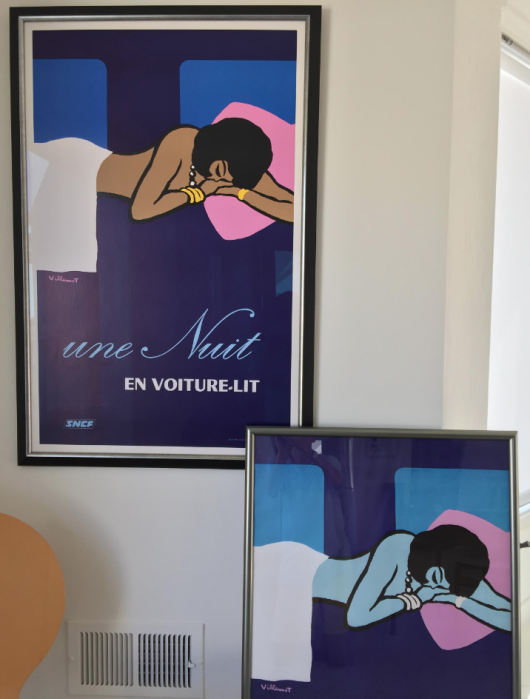 Of course my wife thought I was crazy to spend all this money in an pathetic attempt to reclaim the color of my earlier life. (Or maybe she saw something ominous in my desire to trade in old grey skin for young tan skin, noticing that I’ve recently been reading a Michel Houellebecq novel.)
Of course my wife thought I was crazy to spend all this money in an pathetic attempt to reclaim the color of my earlier life. (Or maybe she saw something ominous in my desire to trade in old grey skin for young tan skin, noticing that I’ve recently been reading a Michel Houellebecq novel.)
So why keep living, with such a dreary attitude toward life?
1. Option value.
2. Most importantly, for my loved ones. (And let’s face it; that means one’s spouse. Others may pretend to care, but at my age only one person is severely impacted by my death.)
3. Still some good films and novels to see and read. Last week I took delivery on a 77 inch LG C8 OLED TV. I can finally watch films at home.
4. To see how Giannis’ career plays out.
Remember, evolution doesn’t want us to be content; it wants us to struggle. But it also wants us to hate dying, even if we are not content with life.
Recall Dylan’s line:
But it’s alright, Ma, it’s life, and life only.
PS. I didn’t answer the second part of Ted’s question. How do I wish I thought about death? Like a Buddhist. Maybe I need to start meditating.


